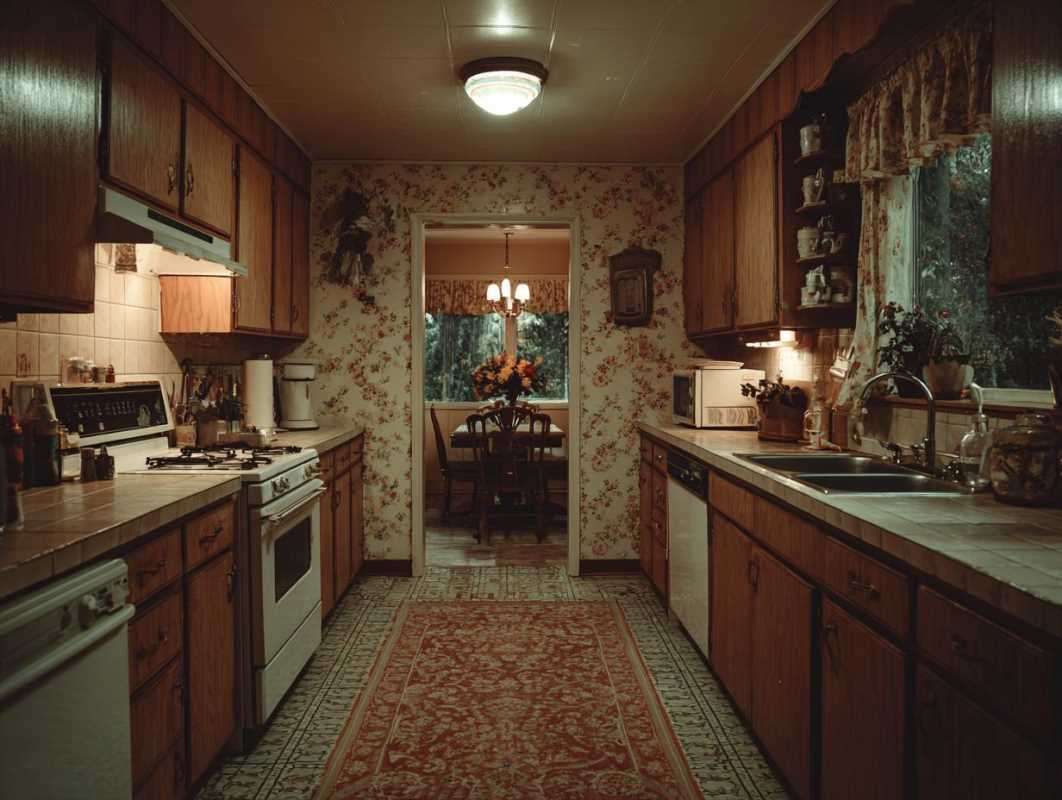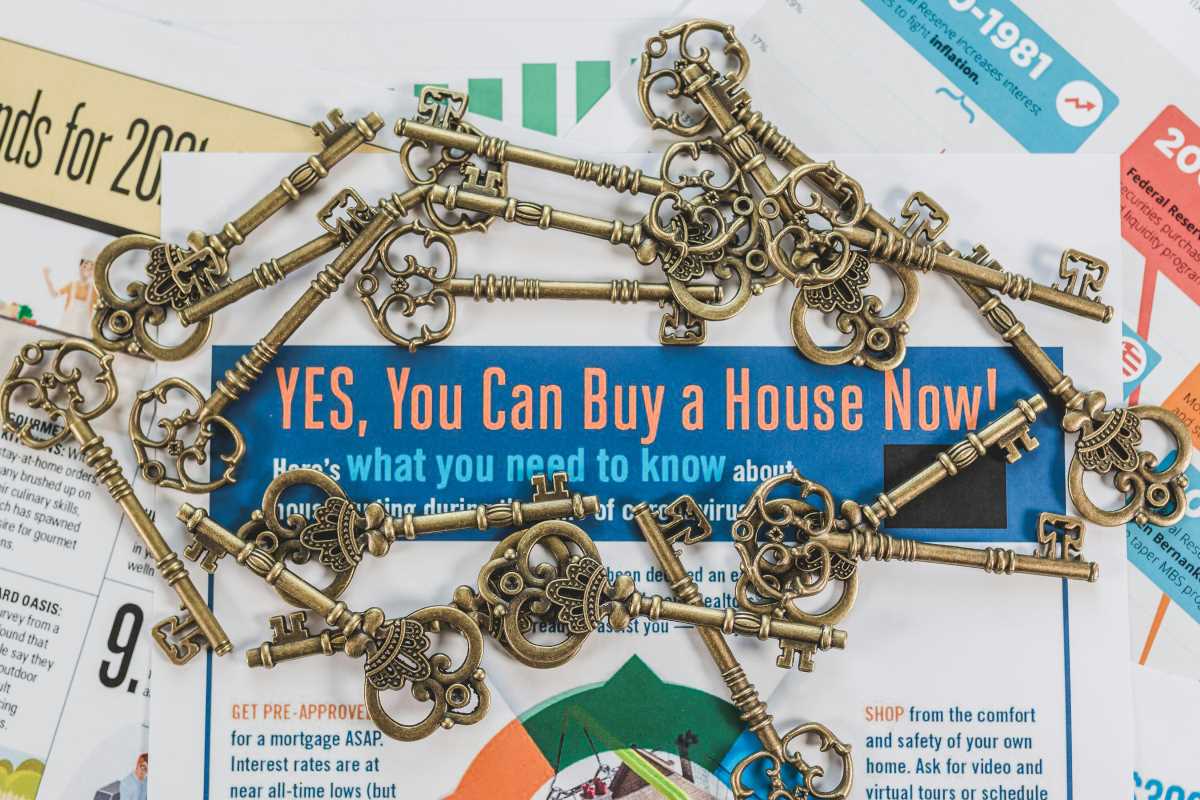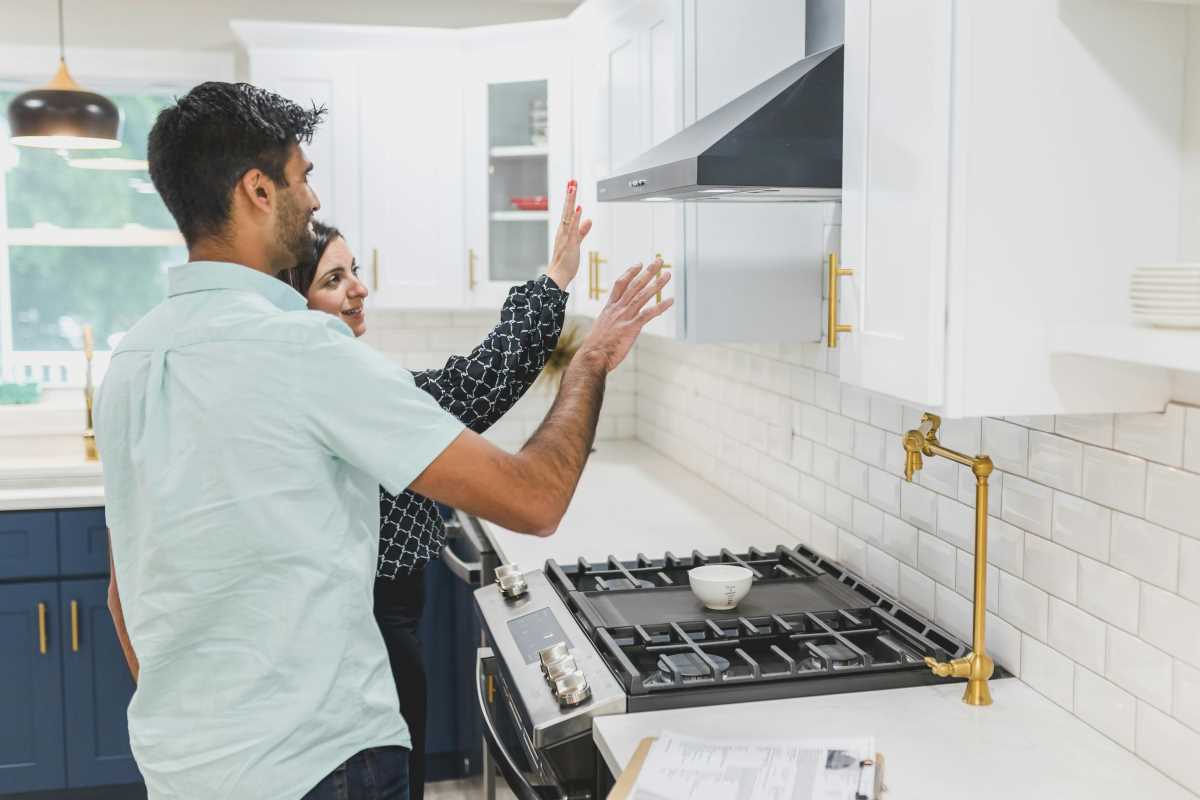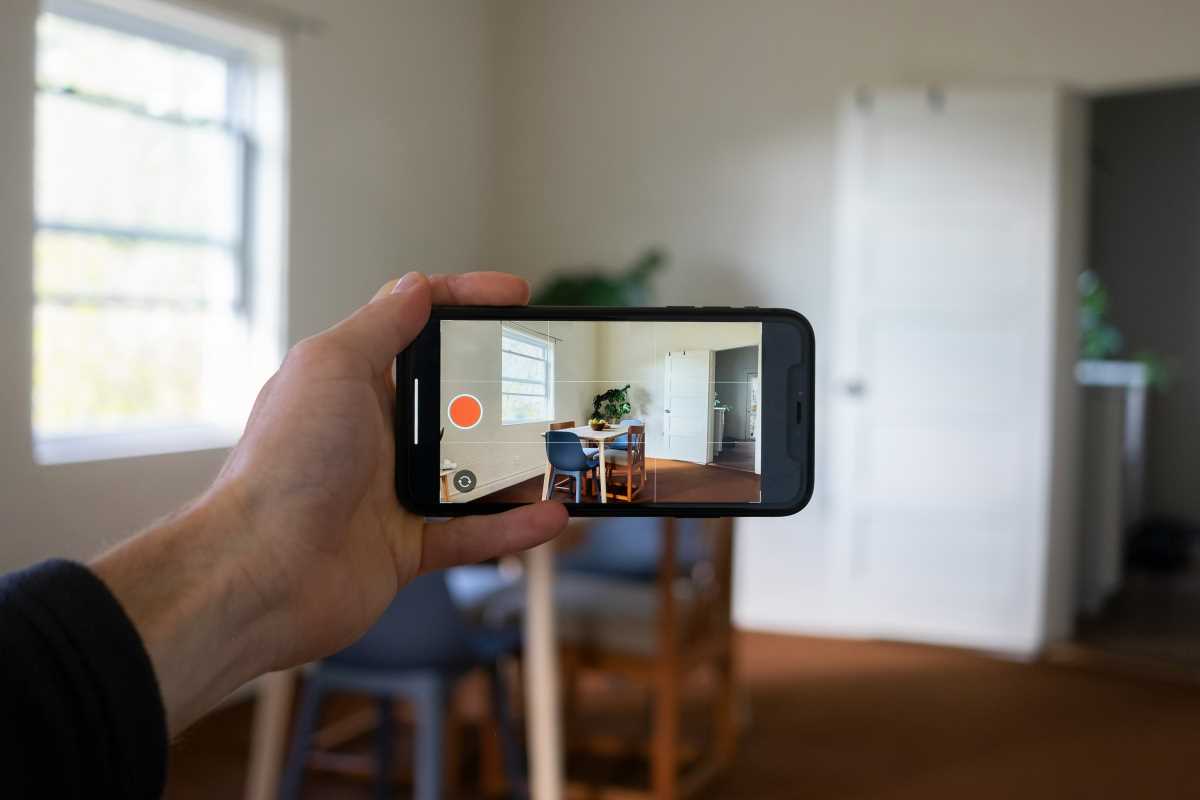Buying your first home is a huge milestone. After years of saving and dreaming, you’re finally ready to take the leap. It’s an exciting time, but as an agent who has guided countless people through this process, I can tell you it’s also filled with potential pitfalls. It’s so easy to get caught up in the excitement of looking at houses that you forget about the practical side of things.
Think of me as your guide. I’ve seen it all—the good, the bad, and the decisions that lead to buyer’s regret. My goal is to help you sidestep the common slip-ups so you can walk into your new home with confidence. We’re going to walk through the ten most common mistakes I see first-time buyers make, and more importantly, how you can avoid them. Let's get you ready to buy smart.
1. Shopping for Homes Before Getting Pre-Approved
This is probably the biggest mistake of all. It’s like going grocery shopping without knowing how much money is in your bank account. You might fall in love with a home only to find out it’s way outside your budget, which leads to disappointment.
Getting pre-approved for a mortgage is your first real step. It’s when a lender reviews your finances and tells you exactly how much you can borrow. This gives you a realistic price range to work with and shows sellers that you're a serious, qualified buyer. In a competitive market, having that pre-approval letter in hand can make your offer much stronger.
2. Underestimating the Full Costs of Homeownership
The sticker price of the home is just the beginning. Many first-time buyers get so focused on the down payment and mortgage that they forget about all the other expenses.
There are closing costs, which can be 2% to 5% of the loan amount. Then there are property taxes, homeowners insurance, and potential HOA fees. And don't forget maintenance! From a leaky faucet to a new roof down the line, things will need fixing. A good rule of thumb is to budget at least 1% of your home’s value for annual maintenance.
3. Draining Your Savings for the Down Payment
It feels great to put down a large down payment—it can lower your monthly mortgage and help you avoid private mortgage insurance (PMI). But emptying your savings account to do it is a risky move.
Once you’re a homeowner, you become your own landlord. If the water heater breaks or the air conditioning goes out, you need to have cash on hand to deal with it. It’s so important to keep a healthy emergency fund, even after you close on your house. You’ll sleep a lot better knowing you have a financial cushion.
4. Letting Emotions Drive the Decision
It's easy to fall in love with a home’s cosmetic features—the perfect kitchen backsplash or the charming front porch. I get it! But making the biggest financial decision of your life based on feelings alone can lead to trouble.
Try to look past the staging and focus on the things that can’t be easily changed, like the location, the floor plan, and the home’s overall condition. A home inspection is your best friend here. It gives you an objective look at the property’s bones, from the roof to the foundation, so you can make a decision based on facts, not just feelings.
5. Skipping the Home Inspection
Speaking of home inspections, skipping this step to save a few hundred dollars is a massive gamble. Some buyers might be tempted to waive the inspection to make their offer more attractive in a hot market, but the risk is rarely worth the reward.
A professional inspector can uncover serious issues you would never notice on your own, like faulty wiring, a cracked foundation, or a pest infestation. Finding these problems before you buy gives you the power to negotiate with the seller for repairs or walk away from a potential money pit.
6. Not Thinking About the Future
When you’re buying your first home, it’s hard to think five or ten years down the road. But a home is a long-term commitment. The house that’s perfect for you today might not be right for your life in a few years.
Consider your future plans. Do you think you might start a family? Will you need a home office for a remote job? Is the school district a factor? Buying a home that can grow with you can save you the cost and hassle of moving again in just a few years.
7. Trying to Time the Market Perfectly
Buyers often ask me, "Is now a good time to buy?" They worry about interest rates and whether home prices will go down. While it's smart to be aware of market trends, trying to time it perfectly is nearly impossible.
The best time to buy a home is when you are personally and financially ready. If you've saved your down payment, have a stable income, and plan to stay in one place for several years, you’re in a good position. Don't let fear of missing out or market speculation rush you into a decision or keep you on the sidelines indefinitely.
8. Not Interviewing Your Real Estate Agent
You wouldn't hire someone for a job without an interview, right? The same should apply to your real estate agent. Your agent will be your guide, advocate, and negotiator throughout this complex process.
You want someone who is experienced, knowledgeable about the local market, and who you feel comfortable with. Don’t be afraid to talk to a few different agents before you commit. Ask about their experience with first-time buyers and how they plan to help you find the right home.
9. Ignoring the Neighborhood
You can change almost anything about a house, but you can’t change its location. I’ve seen buyers get so focused on the property itself that they forget to check out the surrounding area.
Before you make an offer, spend some time in the neighborhood. Drive through at different times of the day and on the weekend. What’s the traffic like during rush hour? Is it noisy at night? Check out the proximity to things that are important to you, like parks, grocery stores, and your job.
10. Making a Lowball Offer Just Because
Everyone wants a good deal, but making an unreasonably low offer can backfire. In a balanced or seller's market, a lowball offer can offend the seller and get your offer rejected without any negotiation at all. You could lose out on a great home to another buyer who was more realistic.
A good agent can help you here. We can pull comparable sales data (or "comps") to see what similar homes in the area have recently sold for. This helps you make a strong, fair offer that is based on the home's actual market value.
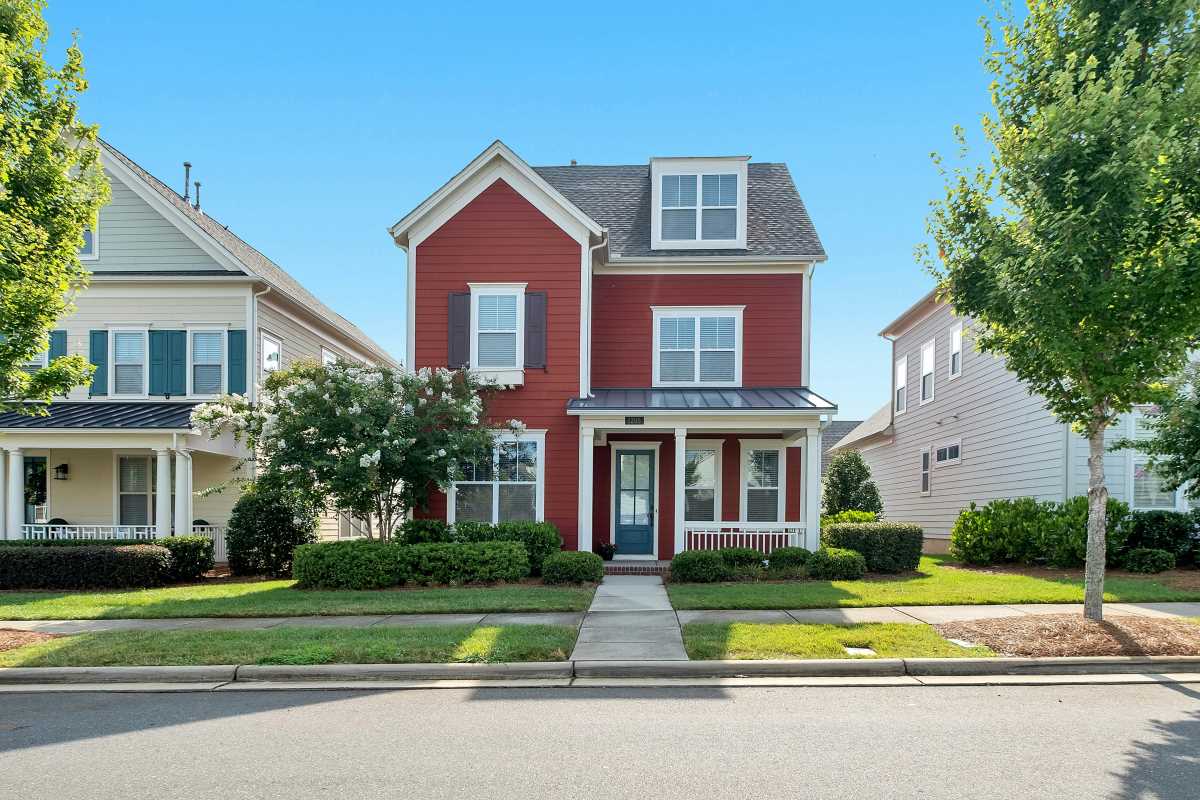 (Image via
(Image via

